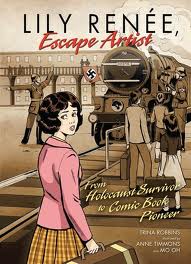Thursday’s Work-in-Progress
Right now, most of my writing time is going toward the drafting and revising of a talk I’ll be delivering next week at my home congregation in New Jersey. The presentation’s title is “Why Is This Jewish-American Writer Different from (Some) Other Jewish-american Writers?” I’m trying to articulate some things that I’ve been thinking about for a very long time. And it isn’t easy.
I spent a lot of time last weekend toiling on this talk, and I’ve spent many hours outside my 9-5 workdays this week working on it, as well. I am beginning to see some light at the end of this particular tunnel.
The light began to shine when I realized that if and when I turn this talk into an essay, I’ll be able to revise, cut, and expand, as appropriate. It may sound silly, but this realization somehow lifted a heavy burden.
